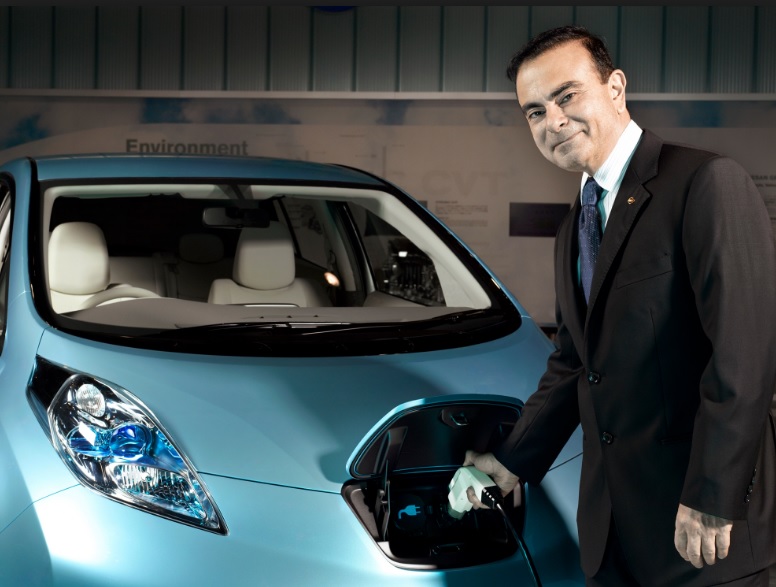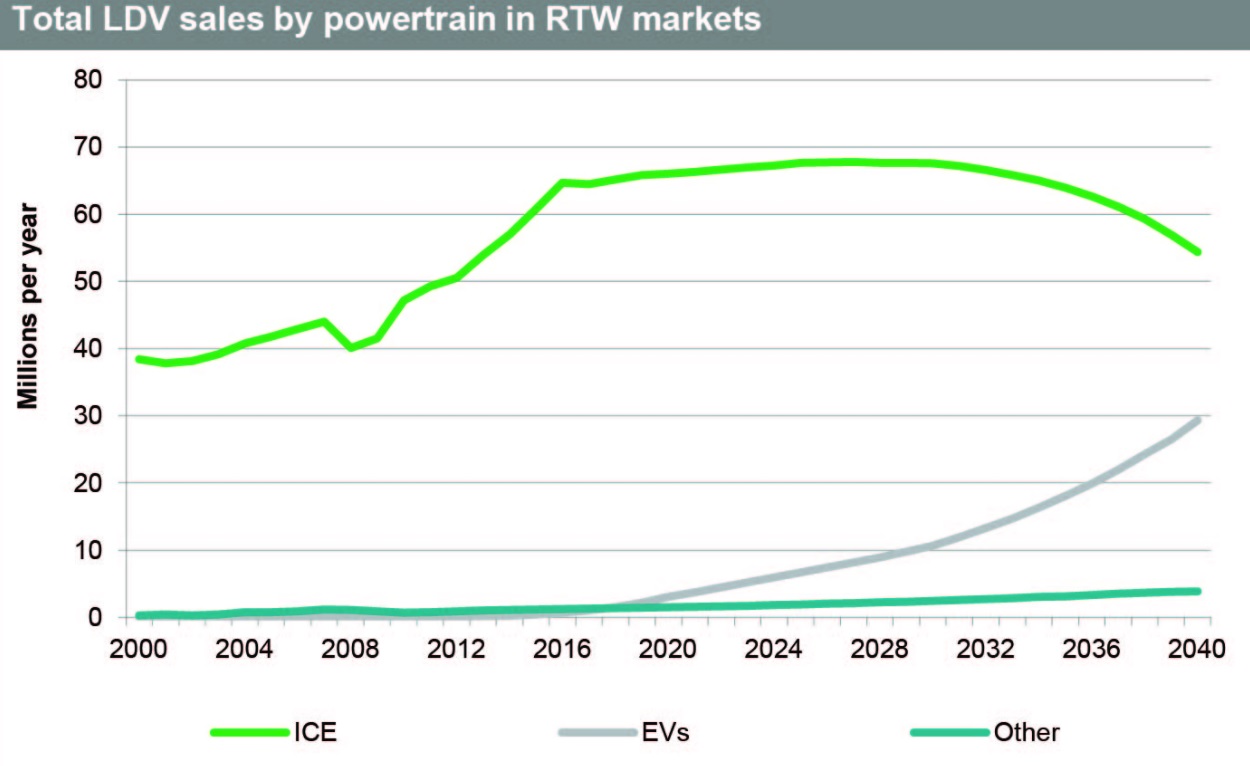Newsworthy: The Renault-Nissan-Mitsubishi Alliance will be rolling out 12 new all-electric  models using common platforms by 2022, according to CEO Carlos Ghosn. Plug-in hybrid models will also be utilized, coming from Mitsubishi’s experience with the Outlander PHEV. Two other utility plug-in hybrids will be coming to market over the next two years. The alliance companies have collectively already sold more than a half million plug-in electrified vehicles…………. Solid-state batteries are gaining more support for fast charging, long-range electric vehicles for the next decade. Fisker, Inc., has filed patents for these types of batteries, and expects to see them used in mass-scale production of its EMotion electric sedan around 2023. Toyota believes enough in the technology to launched EVs with energy stored in solid-state batteries around 2022…………. Major Chinese automaker Geely will be buying up U.S. flying car startup Terrafugia for an undisclosed amount. Terrafugia plans to bring its first flying car to market in 2019. The company will remain headquartered in the U.S…………… The BMW Group announced that by 2020, the company will only sources its electricity from renewable energy; that’s up from 63% of it coming from renewables at the end of 2016. The automaker made the announcement during the UN Climate Change Conference in Bonn, Germany.
models using common platforms by 2022, according to CEO Carlos Ghosn. Plug-in hybrid models will also be utilized, coming from Mitsubishi’s experience with the Outlander PHEV. Two other utility plug-in hybrids will be coming to market over the next two years. The alliance companies have collectively already sold more than a half million plug-in electrified vehicles…………. Solid-state batteries are gaining more support for fast charging, long-range electric vehicles for the next decade. Fisker, Inc., has filed patents for these types of batteries, and expects to see them used in mass-scale production of its EMotion electric sedan around 2023. Toyota believes enough in the technology to launched EVs with energy stored in solid-state batteries around 2022…………. Major Chinese automaker Geely will be buying up U.S. flying car startup Terrafugia for an undisclosed amount. Terrafugia plans to bring its first flying car to market in 2019. The company will remain headquartered in the U.S…………… The BMW Group announced that by 2020, the company will only sources its electricity from renewable energy; that’s up from 63% of it coming from renewables at the end of 2016. The automaker made the announcement during the UN Climate Change Conference in Bonn, Germany.
Going Mobile: Plug-in electrified vehicles will make up 30% of new vehicle sales in four critical  markets by 2040 – China, the U.S., Europe, and India – according to a new study by IHS Markit. You’ll notice that the percentage isn’t anywhere near 100% if fossil-fuel bans were to be enacted across these four markets. China, India, France, Great Britain, and other markets are considering banning gasoline and diesel powered engines entirely.
markets by 2040 – China, the U.S., Europe, and India – according to a new study by IHS Markit. You’ll notice that the percentage isn’t anywhere near 100% if fossil-fuel bans were to be enacted across these four markets. China, India, France, Great Britain, and other markets are considering banning gasoline and diesel powered engines entirely.
Reinventing the Wheel is a new multi-client, scenarios-based research initiative by IHS Markit that combines its energy, automotive and chemical teams for system-wide analysis of the new reality of transportation. It includes the future of mobility and car ownership, which is expected to have a major impact on the energy chosen to power vehicles of the future.
Consumers will be shifting away from car owners to paying for mobility services during the transition time, the study says. By 2040, vehicle miles traveled (VMT) will have grown to an all-time high of around 11 billion miles per year in the four studied markets. That makes for a 65% increase of VMTs from now. Over that times, sales growth of new light-duty vehicles will slow substantially, according to the study. Use of autonomous vehicles will also be a driving force for change.
“A great ‘automotive paradox’—where more travel via car than ever, but fewer cars will be needed by individuals—will be a defining quality of the new automotive future,” said Daniel Yergin, IHS Markit vice chairman. “The shift is just beginning. By 2040, the changes in transportation will be accelerating in a way that will be visible on roads and highways around the world. The pace and degree of this dynamic shift will have significant implications for industry, for public transportation systems and for how people get to work and live their lives – and spend their money on transport.”
While the U.S. may not ban fossil-fuel vehicles and could soften mileage and emissions rules under the Trump administration, market forces will still be at play for EVs to hit the 30% mark across the four major auto markets included in the study. The IHS Markit study concludes that higher fuel economy and emissions standards and reduction in gasoline’s share of new vehicle sales will lead to an aggregate decline for oil that ends up in gas stations during the 2020s. Another tipping point cited in the study will be seeing the cost of EV battery packs drop significantly by the 2030s, making EV costs much more competitive with internal combustion engines.



